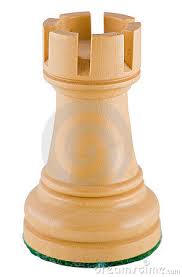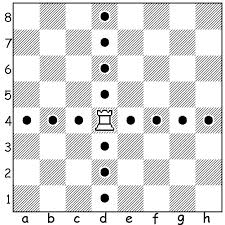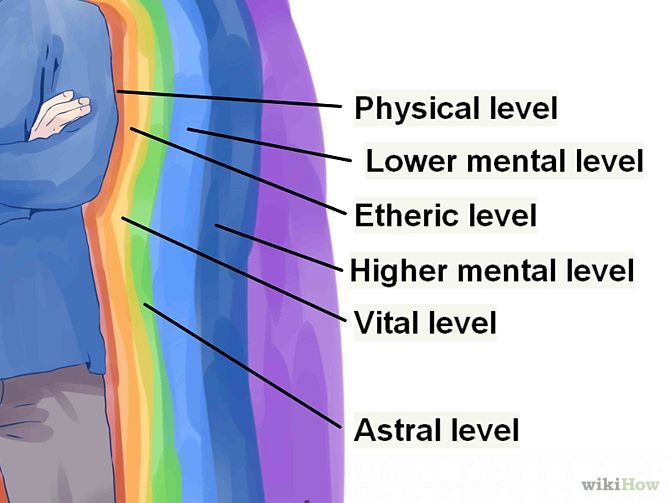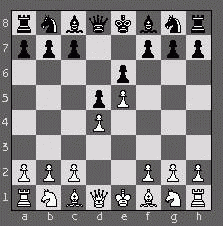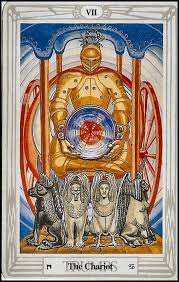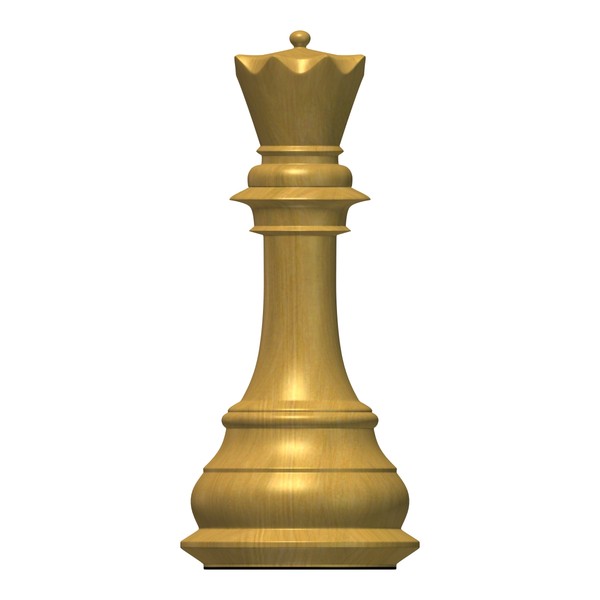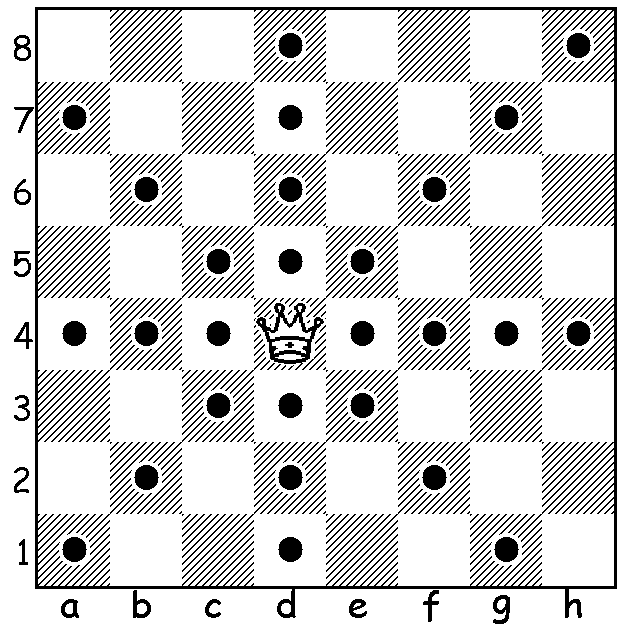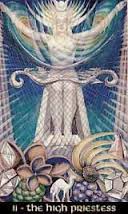Spiritual Paradigm of Chess Part 5 Introduction
In the Spiritual Paradigm of Chess Part 5 we look at the Rooks and Queen which may represent philosophical or higher mind and the intellect or lower mind respectively. We will compare and contrast the two in this article and provide examples of action.
1. The Rook
The rook can move directly forward unlike bishop & can also move sideways to view its pathway from alternative viewpoints/positions, then move directly forward along different paths. So compared to the bishop the rook has greater flexibility of movement and we will now see how this translates into the spiritual analogy of chess. The rook represents the philosophical or higher mind, whereas the bishop represents the intellect or lower mind as shown in the diagram below:
The Rook needs more development of pieces than the bishop to become useful in the game as it is boxed in at the start and so only really becomes powerful later on.
In the same way cultivating the ability to become philosophical takes more time than just working through the intellect. It is initially separate from King/Queen on the chessboard and can initially provide sense of distance/objectivity from self. Being philosophical also has this quality of allowing us to separate from ego by use of higher mind.
Perhaps it is important here to give an example of how we may distinguish between the use of intellect (lower mind) and Philosophy (higher mind). Lower mind is really about understanding things intellectually, being philosophical allows the practical application of what has been learnt. The Rook is represented by The Chariot in the tarot deck and an example of the difference between higher and lower mind is give below in relation to the study of this card:
Lower mind (intellect): established meanings of card are learnt:
1. Being on the right track of a situation, 2. Having the courage to follow your goals, 3. Life moving forward with purpose , 4. Victory over adversity etc..
Higher Mind (philosophy): applies meanings to make them useful. Able to apply lateral thinking to situations e.g.
1.Looking at yourself and asking questions such as: A) What aspects of my life need more self control and discipline?
B) Am I behaving like the driver or the driven? C) What steps do I need to take to reach my goals ? D) Am i being pulled in different directions at once & what do i need to do to become more focussed ? E) Writing answers down in a journal to make them more concrete.
2. Other practical exercises such as A) Meditating on the Chariot card and journaling any realisations. B) The Chariots Hebrew association is Cheth meaning ‘fence’ so in what situations in my life do i need to build a protective fence around me.
So from the above we can see there is a fair distance between being able to look at basic tarot definitions and apply the knowledge. This is the difference between lower mind (Bishop) and higher mind (Rook).
The rook also has a special connection with the king (ego) through the castling movement. which will be explained in the section under ‘The King’ in the next article and also the difference between the white and black kings with respect to our ego.
The Chariot is the last in the first sequence of 7 tarot cards, and the rook is the last of the major sequence of chess pieces The Charioteer has a degree of mastery over his lower nature as can be seen in the card, and being in higher mind (philosophy) we have a degree of separation from our ego and by application, mastery over it.
2. The Queen
Can move in ANY direction but cannot move over other pieces & has unlimited travel across the board & either captures one of its opponents pieces or is blocked by one of its own. She is the only piece apart from the king that is not replicated & combines the qualities of rook and bishop. Intuition works opposite to the intellect in that intellect works from the outside in whereas intuition works from the inside out. For example, viewing a crystal with intuition, we become one with the crystal without separation (inside) in order to get to know its (outer) properties. This process of becoming one with objects is what in Zen is termed ‘Samadhi’. With intellect, perception of the crystal happens on the outside in order to understand the inner workings of the crystal. The intellect can never ‘know’ the crystal in the same way as intuition as it works by division, in the same way that intuition can never see the parts as it sees only oneness. This analogy relates back to the queen as we can see on the diagram unimpeded ,the queen can ‘know’ all boundaries of the chess board in any direction the same way in which intuition ‘sees’ the dimension of the crystal.
So when all obstacles have been removed (white and black pieces we have the emptiness to see intuitively. The development of the spiritual seeker rarely follows a straight path to intuition and often a considerable period of development is necessary before one can let go of all the obstacles necessary to find the emptiness necessary for Buddhic insights. In the same way time is needed for a pawn to be converted into a queen on the 8th rank but once this happens we have a very powerful tool on the chessboard.
The Queen may be represented by The Priestess in the Thoth Deck:
The Priestess can be seen hidden behind the veil & represents that part of our nature which is submerged beyond the veil of the active mind. We have to strive to find her in our selves, and intuition is something that we have to develop over time as it is ‘submerged’ underneath layers of the lower bodies in the aura (higher & lower mind, emotions, senses etc). An attack by the queen alone can be repelled by a well organised opponent and so despite its inherent value; it is only relative to the other pieces. In the same manner intuition (Buddhi) alone can lead to a false sense of completion & fulfilment. Buddhi is not the final goal & by itself has little use.Our other bodies give it its relative value. Beyond intuition are vast planes of consciousness which must be accessed for man to find oneness with God.In the final article we will discuss the King and conclude the series.
Spiritual Paradigm of Chess Part 5 Links
The Chess Game : A Spiritual Story
Chess as a Spiritual Paradigm
Spiritual warfare as a Chess Game

